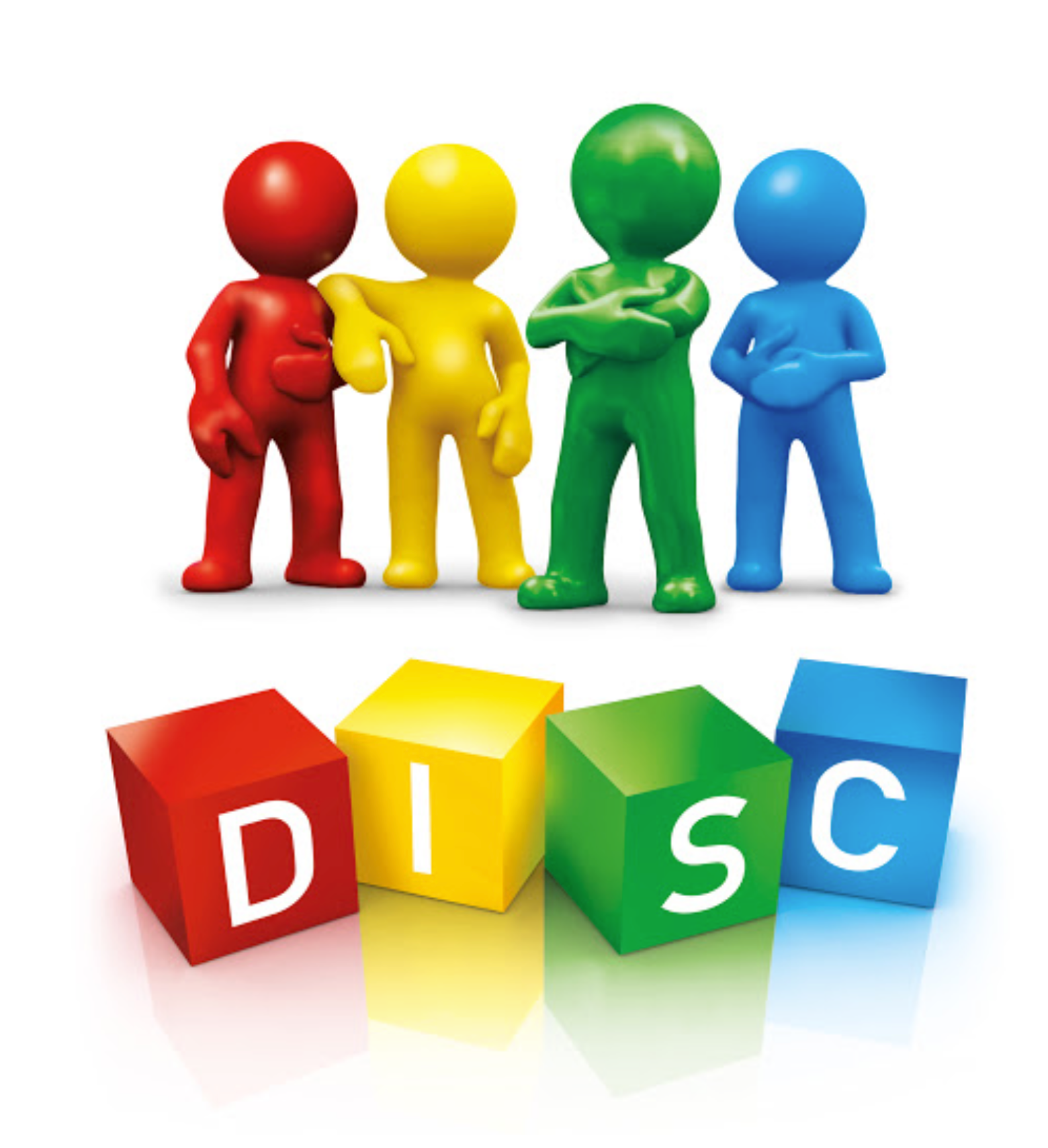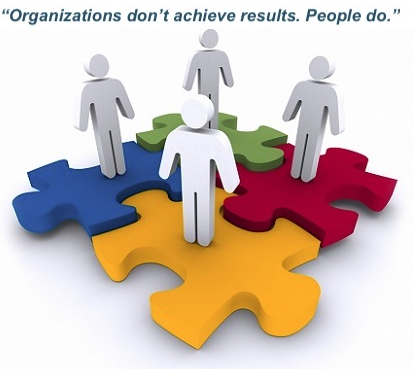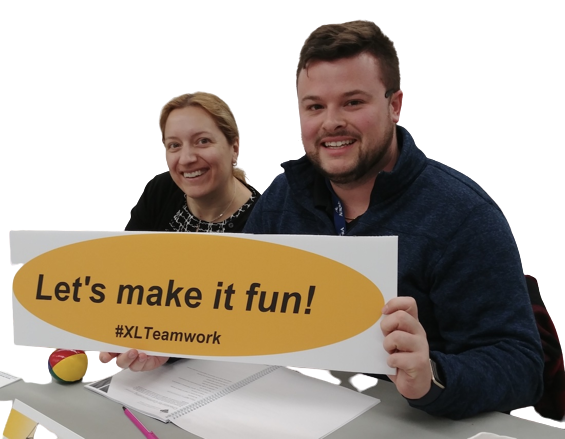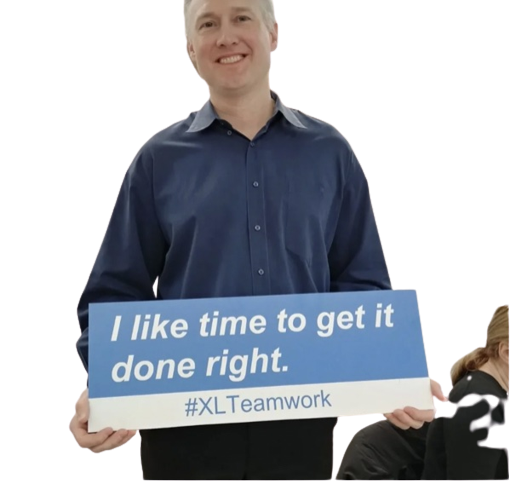DISC Behavioural Intelligence
 | |
The 4 DISC StylesIt is said that people skills are more of a contributing factor in personal, team, sales and leadership success than virtually any other factor. Behavioural Intelligence is important for leadership and team effectiveness. It is also important for hiring "right fit" team members whose styles and motivators align with the position. The cost of a "wrong fit" or a "mismanaged" employee on a team is expensive in terms of salary, poor performance and turnover. Understanding DISC styles helps increase talent management and team effectiveness. |  | |
There are a variety of 4-quadrant behavioural profiling systems like DISC that are available to help you learn about your behavioural style but some are more research validated than others for use in talent selection and development. In learning about DISC behavioural styles it helps to identify your primary style (and style blends) and then as you read the style overview descriptions below, think of someone you know who exhibits that style.
The D (Dominance) Style
Tends to be: extroverted, fast-paced, strong, direct personality style, task-focused, direct communicators, and comfortable with taking calculated risks aligned with their goals. |  |
Best Approach (to communicate with the D style):
- Be prepared, brief and on point.
- Listen, then maintain a fast-paced response. (Folks with strong S or C will be challenged to get to the point faster)
- Be direct with responses, staying on track.
- Maintain eye contact, strong tonality, and a firm handshake.
The I (Influence) Style
Tends to be: outgoing, fast-paced, extroverted, creative, conversational, optimistic and people-oriented. |  |
Best Approach (to communicate with the I style:)
- Use a friendly approach with engaging tonality (not monotone). Listen to their ideas and goals.
- Use references from people they know or admire in similar purchasing situations.
- Focus on big picture ideas and goals.
- Don`t dwell on all details, but do offer to send them the follow up information.
The S (Steady) style
Tends to be: relaxed, introverted, people-oriented, reserved, a good listener, indirect communicator, a team player and risk-averse. |  |
Best Approach (to communicate with the S style):
- Use a sincere, friendly, calm approach.
- Listen patiently without interrupting. (at times a challenge for people with strong D and I)
- Don’t pressure them to make a decision immediately. (Sometimes it is better to send them information in advance, or follow up later, allowing them time to review.)
- Use a relaxed conversational pace.
- If you offer guarantees, don’t over-promise without fully delivering as you will be challenged to earn back their trust.
The C (Compliance) Style
Tends to be: analytical, detailed, task-oriented, introverted, and more interested in quality and accuracy of work than the pace. Very hard working on the details. |  |
Best Approach (to communicate with the C style):
- Use a professional, conservative and direct approach.
- Use a measured, patient pace, allowing them to ask detailed questions. Be prepared with facts and data to support your presentation points.
- Listen carefully and respond to questions with attention to details requested.
The DISC theory of behaviour was developed in 1928 by psychologist William Moulton Marston in his book Emotions of Normal People. He focussed only on psychological factors that were directly observable and measurable through objective means.
DISC is used for enhancing and teaching effectiveness in a variety of areas including: leadership, coaching, hiring, customer service, sales and of course teamwork.
While DISC measures behavioural characteristics (how one does things), when combined with the motivators assessment, you get a full picture by connecting the "how" of behaviour with the "why".
Excel Group has been helping organizations enhance their productivity and profitability for over two decades now using Behavioural Intelligence systems.
Questions about using DISC online profiles? Contact us or visit XLTeamwork.com

#Disc #Leadership #management #XLTeamwork #teamwork #teambuilding #talent #HR
https://www.xlteamwork.com/blog/how-to-win-the-war-for-talent
